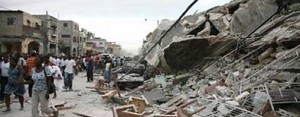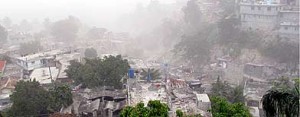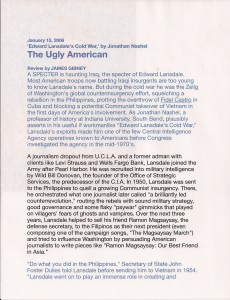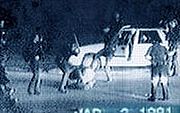
Crooked cops in Boston arresting citizens for recording misconduct with cellphones
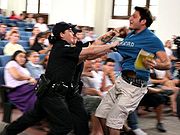
Phi Beta Iota: The police will not only lose this one, we anticipate that one day the Second Amendment will apply to radar detectors and other forms of defense against state excesses. Certainly the public needs to take its right to be armed–both with weapons and with hip-pocket recording devices, with the utmost seriousness.
Three observations:
1. Society has forgotten how to be civil at the same time that government has forgotten how to govern (satisfy most of the people most of the time, deal humanely with the rest).
2. Police have become increasingly militarized and the 9/11 pork has made them more so, at the same time that the FBI and similar forms of authority have forgotten how to do arrests without a SWAT team crashing through the door first.
3. If you tell the truth and act according to the truth, such counter-surveillance is utlimately beneficial to the truth teller rather than the abuser.
Ultimately, in our view, public use of public technologies to create public intelligence about police abuse and government waste and corporate externalizations of cost (Taiwan now pays for citizen cell recordings of pollution discharges), will be a beneficial means of restoring the public's power over “it's” police forces.

